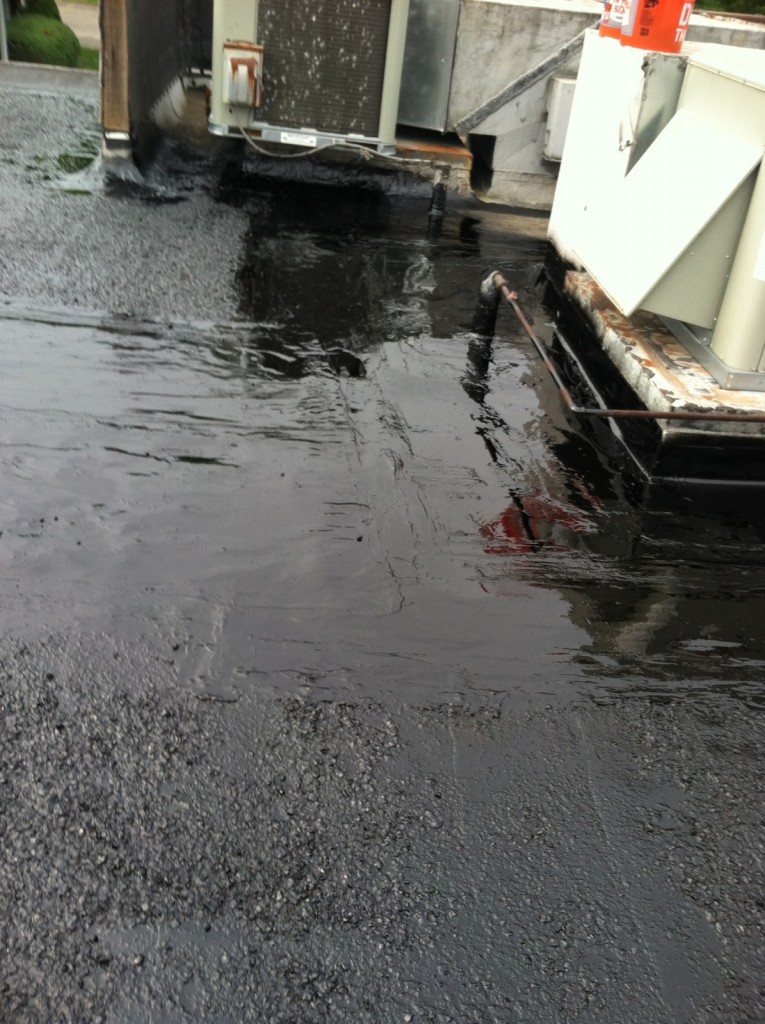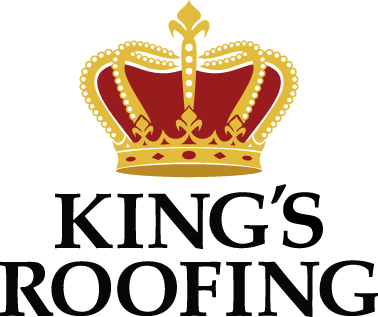Single Ply Versus Hot Tar Roof Options for Commercial Buildings

When constructing or renovating a commercial building, your architect may recommend a flat roof. There are many reasons for this. Many companies choose to house their mechanical rooms, AC units and other important equipment on the top of the building to spare precious floorspace inside. Two of the most popular commercial flat roof options include the hot tar roof and the single ply roof. Here are the basics of what you need to know about both.
The Single Ply Roof Option
As the name suggests, this type of roofing requires a single layer to provide shelter for the building. This single membrane is usually made from rubber-like materials. While it may not sound very strong, the roof is actually quite durable and has a long lifespan. The materials are also already waterproof, so they do not need additional waterproofing.
Another thing to note is that the material is flexible and may expand and contract as the weather changes. This prevents cracks but requires bonding the seams to prevent leaking. EPDM roofs are the most common single ply roof material. Because this material is black, you may need to add another lighter colored layer to reduce heat gain.
The Hot Tar Roof Option
Also known as hot tar and gravel or built-up roofing, this roof type is made from several layers of bitumen. The bitumen is typically made from gravel and hot tar, but may also include other materials, such as white marble, sand and lava rock.
One of the main reasons that architects recommend this style of flat roofing is that it is a very cost-effective option. Repairs are also fairly easy as they can be completed in patches. In addition to this gravel is fire resistant and may help to improve the overall fire resistance rating of the building. One of the main drawbacks of a hot tar roof is that it is heavy, so the supporting structure must be built with this in mind.
Are you trying to decide what type of flat roofing material best suits your business? Consider hiring a professional to survey your existing building or building plans and make a recommendation that satisfies your needs and complements your budget.
